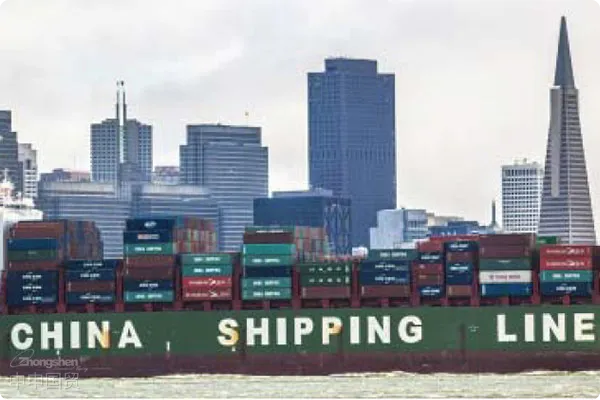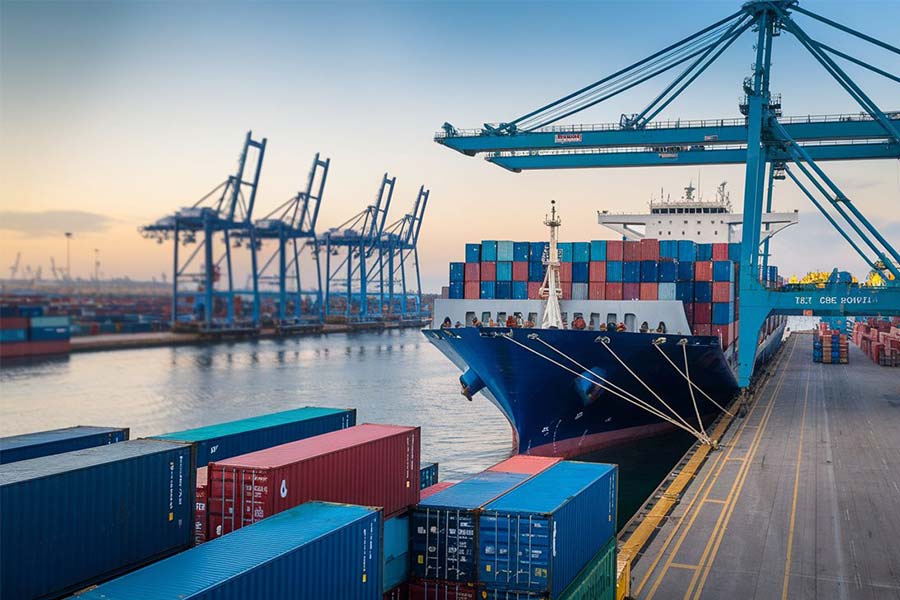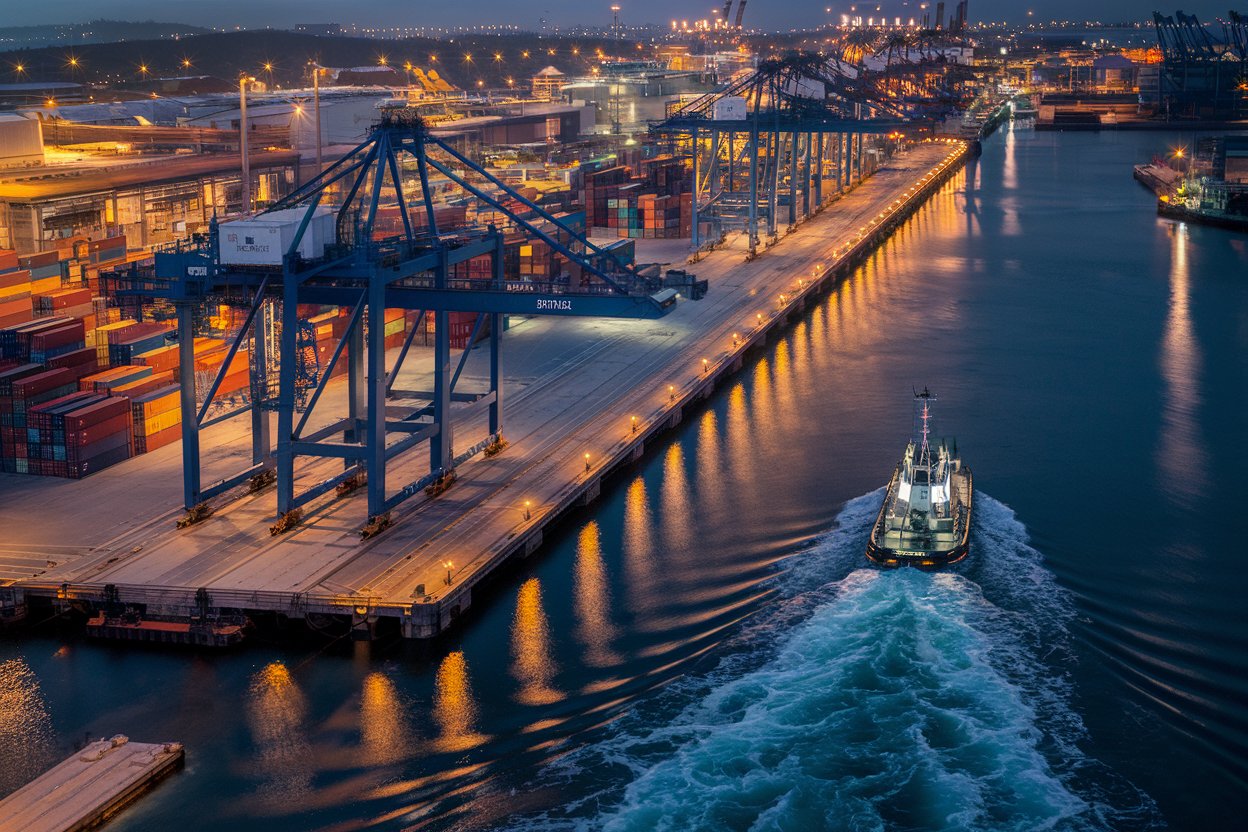- Shanghai Zhongshen International Trade Co., Ltd. - Two decades of trade agency expertise.
- Service Hotline: 139 1787 2118
As U.S. labor unions call for a "301 investigation" into China's shipbuilding industry, Chinese enterprises face a new round of trade challenges. This article aims to introduce the background, relevant regulations, potential impacts, and propose possible response strategies.

Contents
ToggleBackground Overview:
On March 14, 2024, five major U.S. labor unions submitted a petition to the Office of the United States Trade Representative (USTR), calling for a "Section 301 investigation" into China's shipbuilding industry. This request stems from concerns over the decline of the U.S. shipbuilding sector and apprehensions regarding China's policies in the maritime, logistics, and shipbuilding domains. U.S. President Joe Biden stated that the petition would be reviewed, indicating potential government action.
Regulatory Analysis:
The "301 Investigation" is named after Section 301 of the U.S. Trade Act of 1974, serving as a typical example of American unilateralism. It aims to investigate and rectify trade practices of other countries that may be unfair or negatively impact U.S. commerce. If the investigation confirms the allegations made by U.S. trade organizations, the U.S. may take various measures, including but not limited to imposing tariffs, restricting imports, or demanding changes in China's trade practices.
Potential Impacts:
If the USTR launches an investigation and finally takes measures, it may have a significant impact on the Chinese shipbuilding industry. Specifically, this may lead to high tariffs on Chinese - made ships, a reduction in international orders, and an impact on the global market share. In addition, US domestic policy support and subsidies may further strengthen the US domestic shipbuilding industry, increasing the competitive pressure on Chinese enterprises.
Countermeasures for Chinese Enterprises:
Strengthen Legal and Trade Compliance:Chinese enterprises should enhance their understanding of international trade rules, especially WTO rules and US domestic regulations, to ensure that their operations comply with international laws and regulations.
Enhance Crisis Management and Communication Capabilities:Enterprises should focus on responding to possible trade restrictions while strengthening communication with US customers and partners to explain the situation and reduce misunderstandings and negative impacts.
Diversify Markets and Customers:To reduce reliance on the U.S. market, it is essential to explore new markets, particularly those along the "Belt and Road" initiative and other developing markets.
Improve Product and Service Quality:Through scientific and technological innovation and service improvement, enhance the international competitiveness of products to withstand the impact of possible trade restrictions.
Actively Participate in International Cooperation:By strengthening cooperation with international counterparts and participating in multilateral and bilateral trade negotiations, increase international influence and defend themselves.
Prepare for Legal Action:If subjected to unfair trade measures, enterprises should be prepared to defend themselves through legal channels, including filing complaints within the WTO framework.
The "301 investigation" launched by the United States against China's shipbuilding industry poses a severe challenge, requiring Chinese enterprises to take proactive countermeasures. By strengthening compliance, diversifying markets, enhancing competitiveness, and actively participating in international cooperation, Chinese companies can better address potential trade risks and safeguard their legitimate rights and interests. Meanwhile, China must also closely monitor developments from the U.S. side and be prepared to take corresponding legal and trade countermeasures when necessary.
Related Recommendations
? 2025. All Rights Reserved. Shanghai ICP No. 2023007705-2  PSB Record: Shanghai No.31011502009912
PSB Record: Shanghai No.31011502009912










